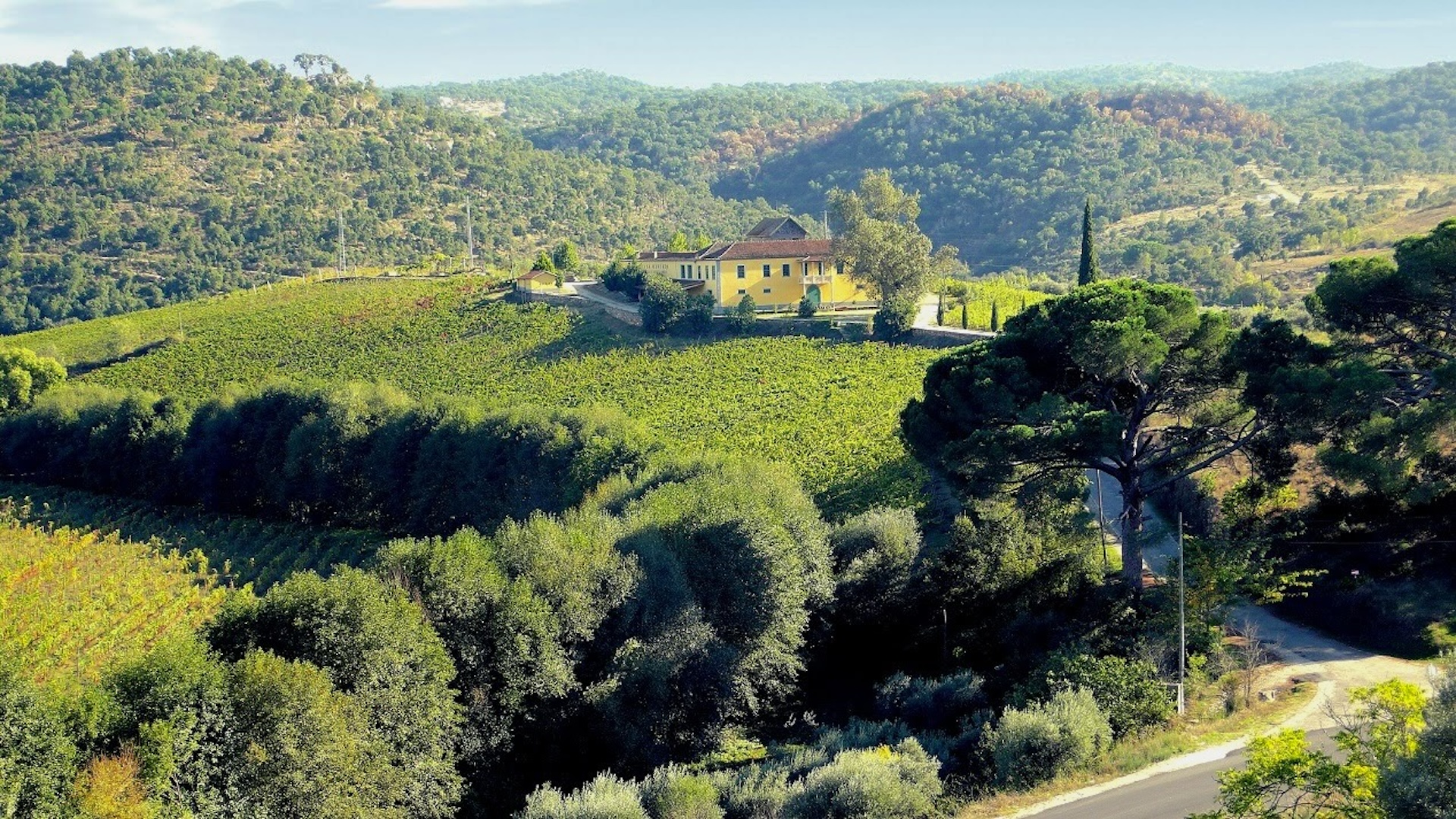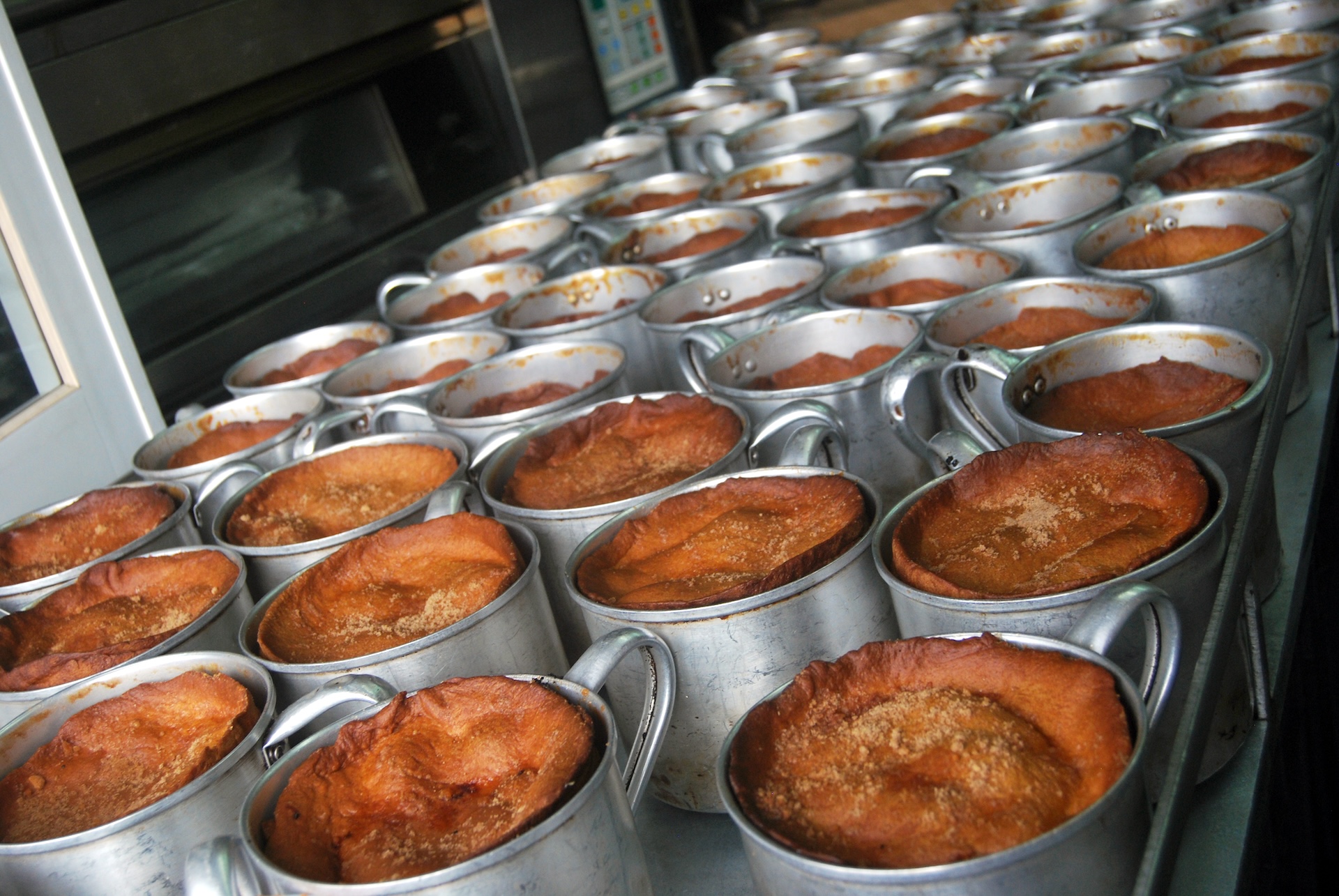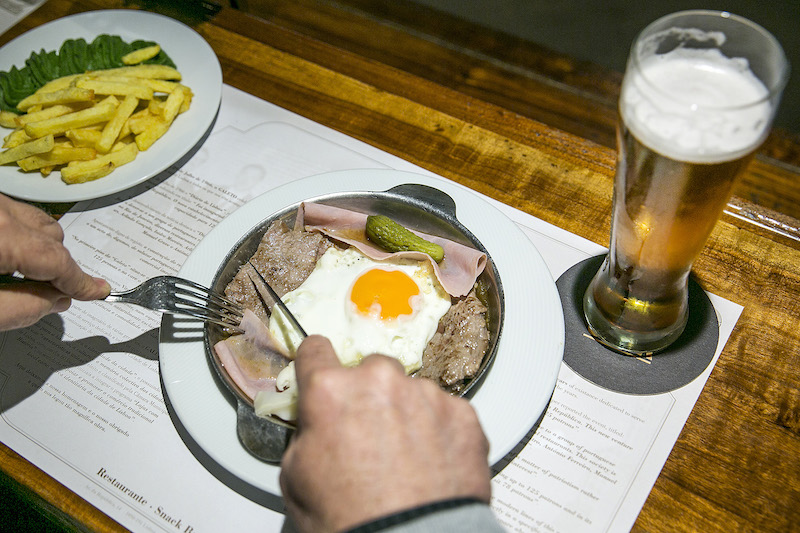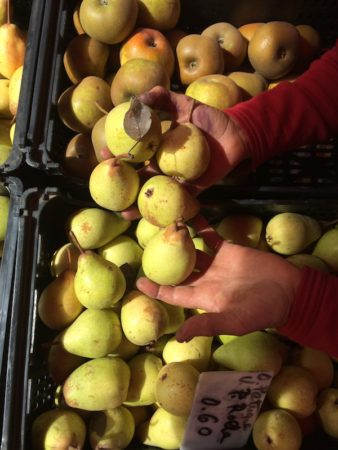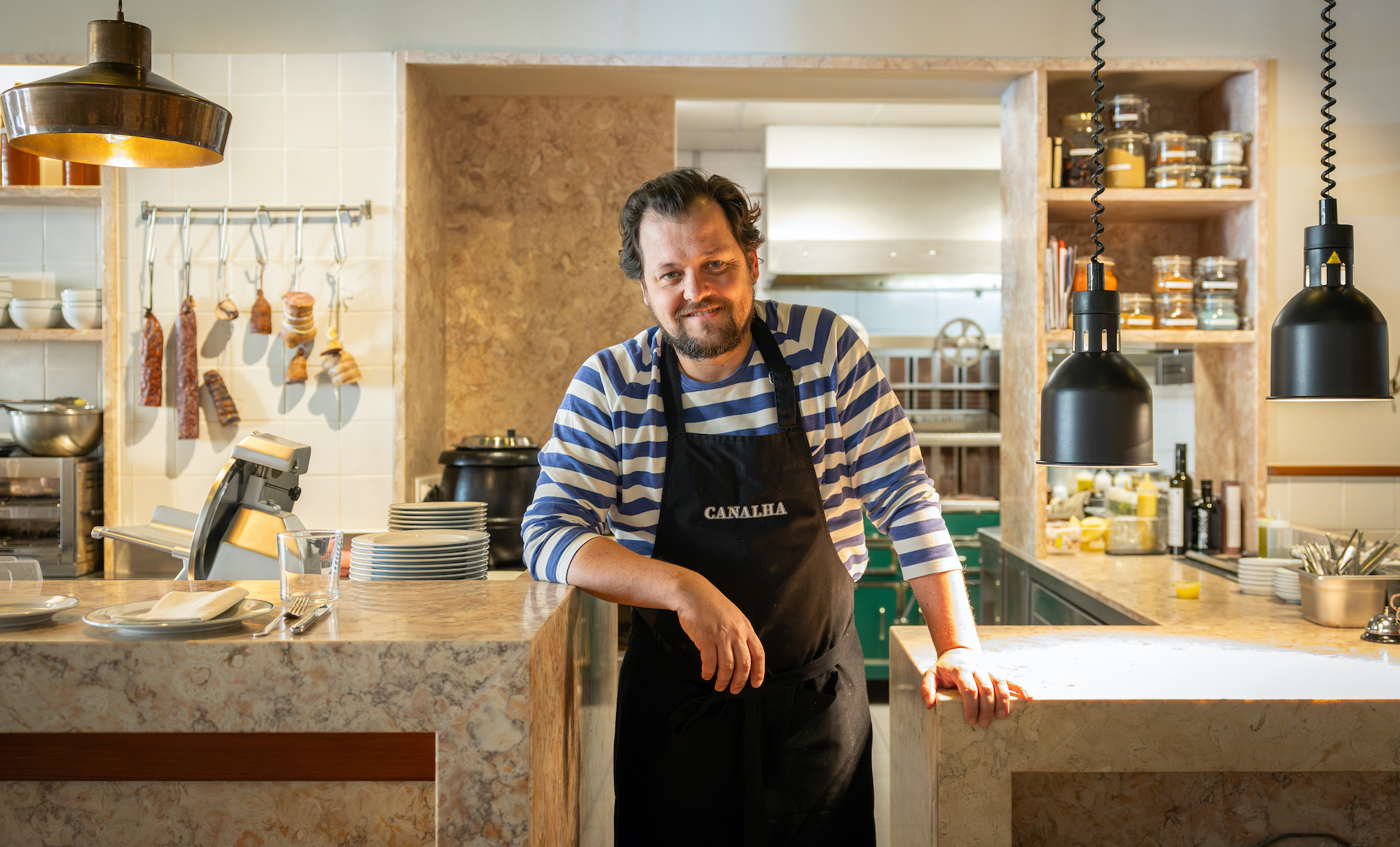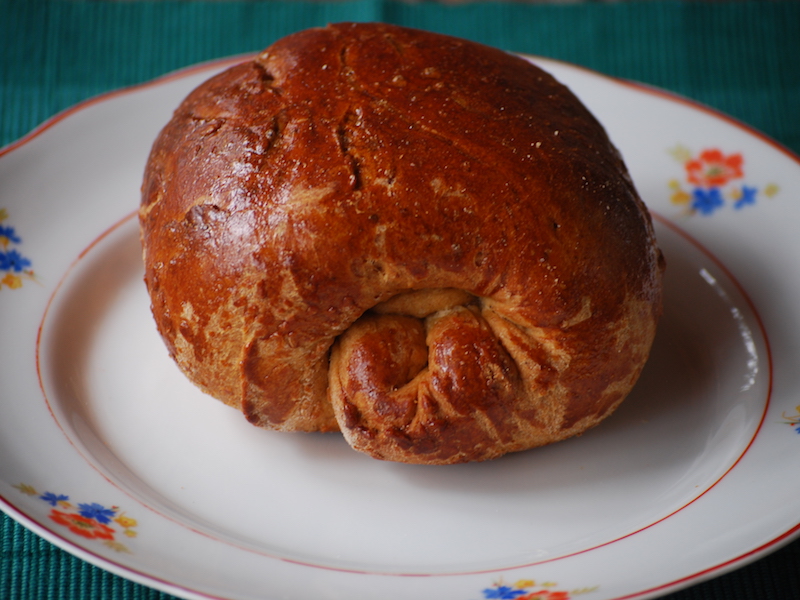We can't find the internet
Attempting to reconnect
Something went wrong!
Hang in there while we get back on track
Search results for "Célia Pedroso"
Lisbon
CB On the Road: Olive Oil, Wine, and Cork in Romeu
It’s an epic love story between the Menéres family and the land of Romeu, a remote village in the region of northeast Portugal called Trás-os-Montes, whose name literally means “beyond the mountains.” Over 150 years ago Clemente Menéres began the family farm, and today the Menéres estate continues to produce certified organic olive oil and wine, as well as cork, with absolute respect for the land and the people living and working in the hilly fields. On our arrival we’re received by João Menéres, the fifth generation to lead the family business, whose infectious enthusiasm resists the high temperatures of the scorching summer months and the unusually harsh cold of winter. João leads the way as we explore Romeu, sharing a bit of the family’s story along the way.
Read moreLisbon
Easter in the Algarve: Our Favorite Folares
A visit to a pastelaria in Lisbon in the lead up to Easter brings with it new surprises. Alongside the usual pastries and cakes, you’ll spot folares, loaves of sweet bread, some topped with hardboiled eggs, and many surrounded by a colorful assortment of almonds. This type of bread, which contains ingredients forbidden during Lent, has long been associated with Easter and the feasting that occurs on this holiday. “After the winter months and the long fast during Lent, the Easter brings an intense activity in terms of culinary preparations and the exchange of cakes, namely the folares,” writes Mouette Barboff in her book A Tradição do Pão em Portugal (Bread in Portugal).
Read moreLisbon
Galeto: Counter Culture Pioneers
Back in 1966, when it opened on Avenida da República, one the main roads connecting the new avenues of Lisbon with the city center, Galeto caused quite a commotion. Lisboetas flocked to the huge snack bar, seduced by both the design – it was styled like an American diner – and the menu, which in those days seemed wildly innovative. Locals used to more conservative Portuguese fare were suddenly introduced to club sandwiches, burgers, mixed plates that brought together some wildly disparate elements and even Brazilian feijoada. Eating at the long counters while perched on a comfy seat was quite different from sitting on a stool at an everyday tasca. When combined with the avant-garde décor, swift service, and long hours (it was open late, until 3:30 a.m.), it felt like Lisbon was catching up with the dining habits elsewhere in Europe or the U.S.
Read moreLisbon
Harvest Week: Rocha Pears, Goodness to the Core
As the highway speeds out of Lisbon northward, the pastel apartment blocks of greater Lisbon’s northern sprawl give way to plots of farmland. It’s a road with no distinction, one not unlike countless others leaving cities elsewhere. Around 80 kilometers from Lisbon, the highway passes into the region of Oeste; although not readily apparent, Oeste is a place of great distinction. That becomes clearer a bit farther down the road, where on the side of a warehouse the words “Rocha Mundial” are printed beside the giant likeness of the region’s claim to fame, a green pear with light brown spots.
Read moreLisbon
Canalha: Back to Basics
Lisbon is changing so fast that it’s quite refreshing when a restaurant opens without proclaiming a twist or a “concept.” When Canalha was announced, it stirred great curiosity among local diners – and for good reason. A talented chef, renowned for Michelin-starred restaurant Feitoria, as well as the itinerant project Residência in 2023, was leaving fine dining to open a place with Portuguese fare sprinkled with a bit of Spanish inspiration. Just a few days after opening in November, Canalha became the talk of the town, and now you need to book a table for dinner weeks in advance.
Read moreLisbon
Grandma’s Folar Recipe: Sweet Bread for a Different Kind of Easter
Folar is the generic name given to traditional Easter sweet bread in Portugal. Making it from scratch is somewhat of a long process, but being confined due to the coronavirus crisis, we seem to have a bit more time on our hands than expected. My family’s folar recipe is from my grandmother Felismina, who was from Rosmaninhal, near Mação (in the center of Portugal). As long as I can remember we would have this sweet bread around Easter. (A similar type of sweet bread is also baked around November 1, for All Saints’ Day.)
Read more